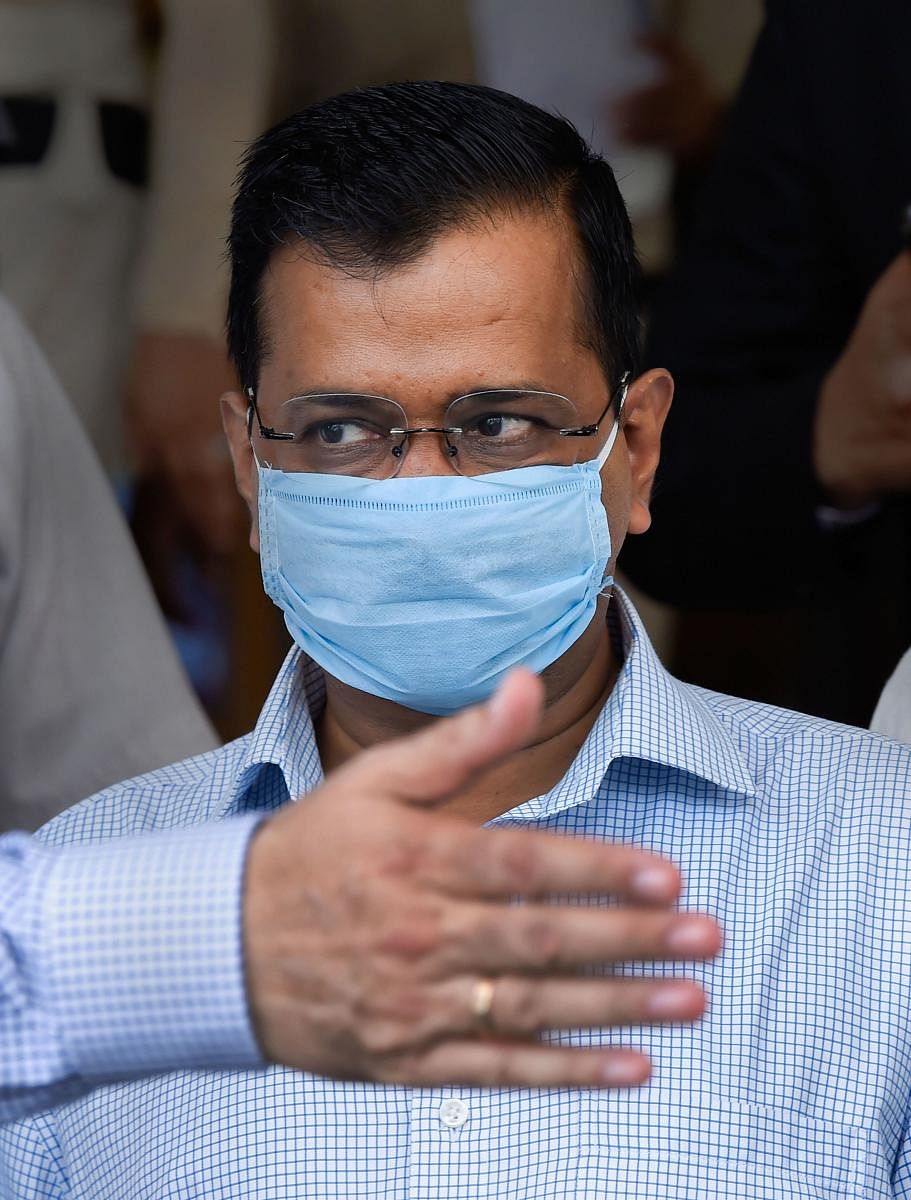
The COVID-19 situation in Delhi has been steadily deteriorating, and it has now reached a stage of real and serious alarm. Terrible stories from the worst-affected countries are coming real in Delhi, raising fears of more suffering and chaos in the coming days and weeks. The number of new cases being detected is above 1,000 every day, the mortality rate is inching up, testing is low and there is a severe shortage of beds and equipment in hospitals. Patients are denied admission in hospitals and there are reports that bodies of the dead are not being disposed of in time. Reports of community spread of the virus cannot be denied any longer. The Delhi government has estimated that 5.5 lakh people are likely to contract the disease by the end of July. The city will require about 150,000 beds to handle so many patients and that is about 15 times the capacity it has now. Other facilities are also in short supply.
Union Home Minister Amit Shah has met Delhi Chief Minister Arvind Kejriwal to discuss the situation and, after a meeting of the state disaster management authority, announced a number of steps to deal with it. The testing rate will be doubled, more beds, including some in railway coaches, will be made available, more hospital facilities and equipment will be provided and contact tracing will be made more rigorous. There will be regulation of the rates to be charged by private hospitals as there are reports of overcharging of patients by them. All these are measures which should have been taken long ago. The Kejriwal government failed to grasp the seriousness of the COVID-19 threat and did not take timely steps to deal with it. It was credited to have improved Delhi’s public health system through efficient running of the mohalla clinics, but that system has been overwhelmed. The central government also cannot escape its responsibility for the failure because of the special status Delhi has as the national capital and a state. The BJP-ruled municipal corporations of Delhi also failed, and the collective failure has now exposed millions of residents of the city, who are a cross-section of the people of the country, to the free reign of a rampaging virus.
The immediate task is to implement the measures effectively, improve them whenever necessary, keep reviewing the situation and make a collective effort to cope with it and bring it under control. Other states can learn useful lessons from Delhi, for their own benefit.